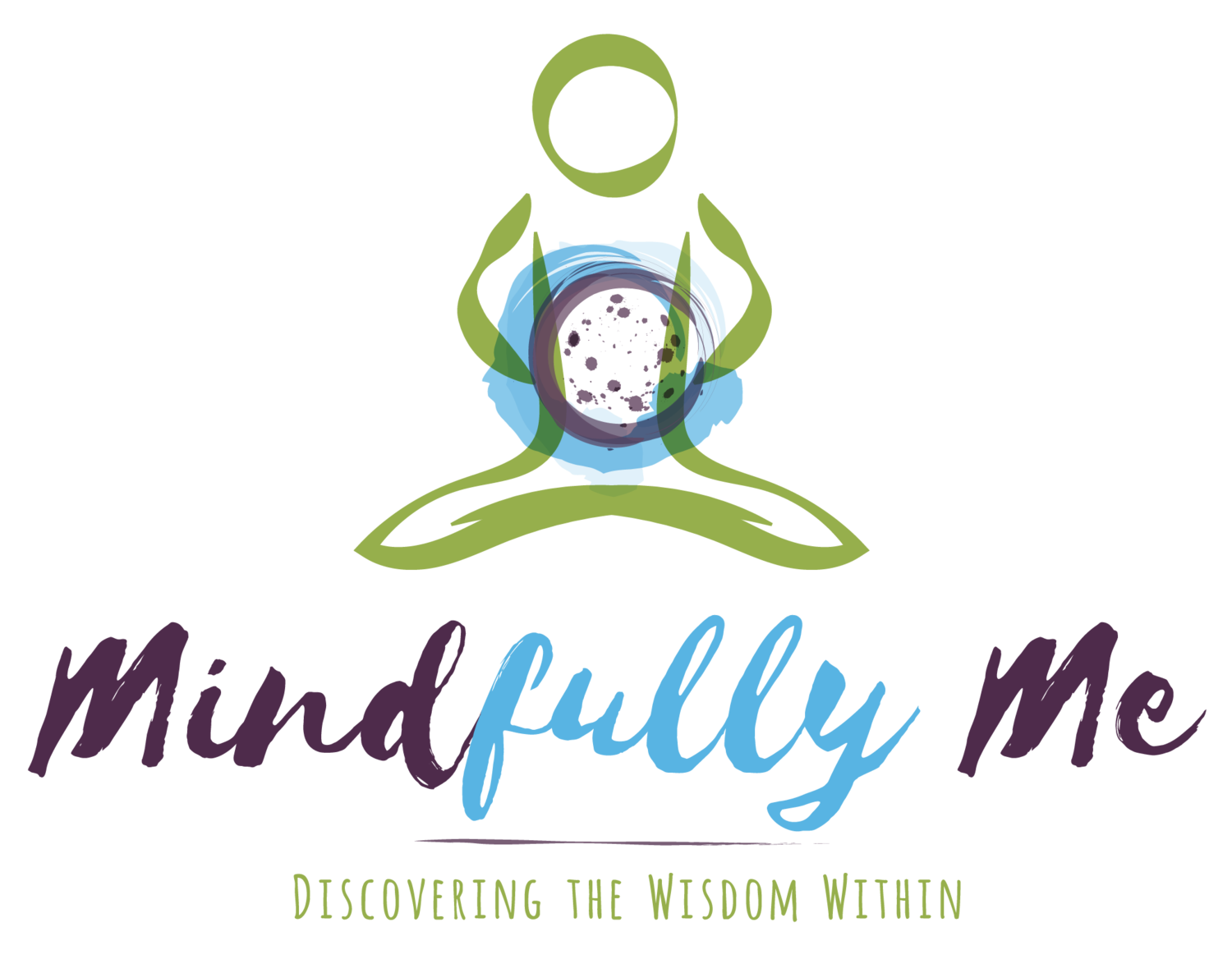
"But for children play is serious learning. Play is really the work of childhood.”
- Fred Rogers
Play Therapy
For children, play often becomes the language through which they communicate their inner experience. In play therapy, the therapist meets your child in their language by engaging in play, whether it’s with dolls, sword battles, reading books, or artistic and creative activities. For older children, the play shows up in the stories they tell and the dynamics of the therapeutic relationship. No matter your child’s age, the therapy hour is their time to do what they need to do to overcome their struggles and obstacles, and so it is a time when they are in charge and direct the activities.
Many psychologists and therapists believe that children (and tweens/teens!) actually “set us up” through play to feel and think the emotions and thoughts they are struggling with themselves. In session, we attune to your child in the present moment and name our own experiences, which initiates a process where your child is able to feel and understand more accurately what they are struggling with. Regardless of age, through this process we create an environment of connection in which they feel seen and heard, and inherently learn that their feelings, thoughts, and individual experiences are valid. From this place of empathic and somatic resonance, we model how to handle difficult emotions, which helps children to process their own experiences and teaches them how to express themselves, self-regulate through challenging times, and cultivate resiliency.
Children can also be very surprising and sometimes say the wildest things! We have been left speechless by the profound comments children have expressed when discussing their thoughts, feelings, and experiences. Even though children don’t have the same ability of executive functioning as adults do, many are incredibly self-aware and articulate their feelings quite well.
Just because they can talk the talk, however, doesn’t mean they can manage their emotions and behaviors. Many kids, especially tweens and teens who are very verbal, may still need support in developing capacities for tolerating frustration, managing stress, regulating their emotional states, or building self-esteem and worth.
If your child is struggling and you believe they would benefit from play therapy, contact us today for a free 20-minute consultation!
